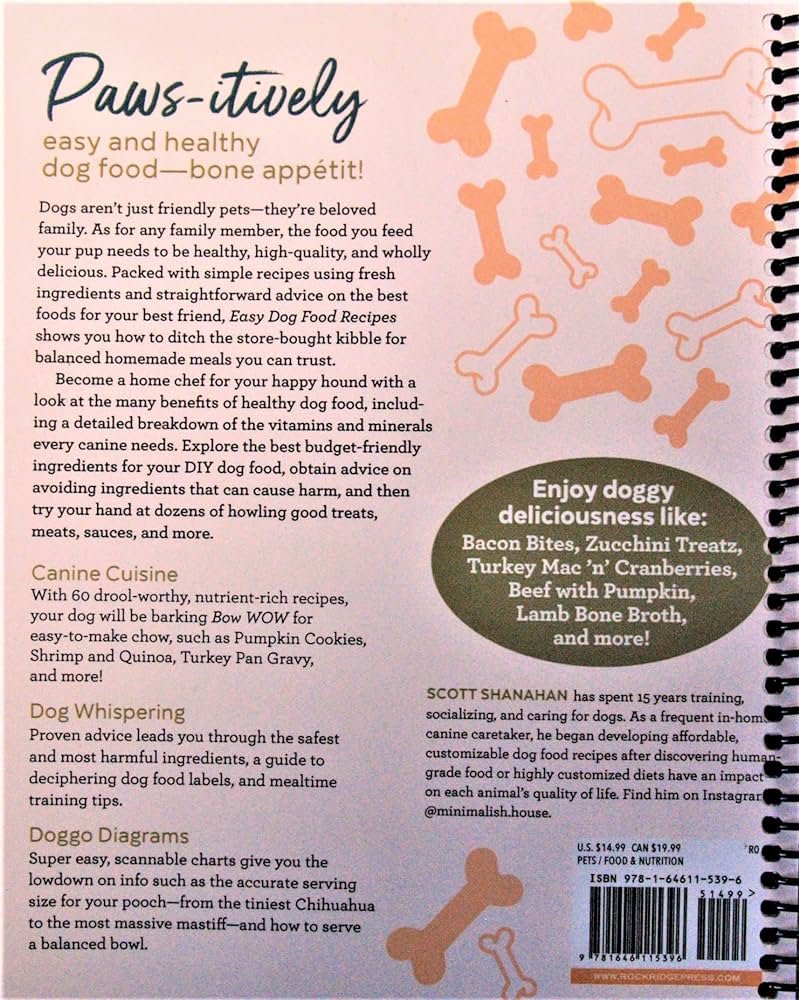Welcome, dog lovers! Today, we will embark on a fun adventure. We will explore the world of a special dog breed. Its name is the Afghan Gaddi. It’s also known as Gaddi Kutta. We will learn why people love these big, furry friends. Are you eager to find out more? Let’s dive in!
Credit: m.startribune.com
What is an Afghan Gaddi?
The Afghan Gaddi is a dog that guards livestock. It comes from the mountains in Afghanistan and India. This dog is large and strong, with a big heart. People use it to keep sheep and goats safe from harm.
History Of The Breed
Long ago, the Afghan Gaddi lived in tough mountain areas. Shepherds needed help with their animals. So, they found a friend in the Gaddi. The Gaddi guarded flocks with courage and strength. This made them a shepherd’s best friend.

Credit: nationalpost.com
How Do They Look?
| Feature | Description |
|---|---|
| Size | Very big |
| Coat | Furry and thick |
| Color | Many colors, like white, brown, and black |
| Eyes | Kind and smart looking |
| Tail | Long and fluffy |
Now, let’s see their adorable features! Afghan Gaddis are big dogs. They have lots of fur that keeps them warm. Colors of fur are different, like white, brown, or black. Their eyes show kindness and smarts. Plus, they have a tail that is long and fluffy!
What Are They Like?
Afghan Gaddis are more than just big and fluffy. They show great love to their families. They are always alert and ready to protect. With a strong will, they keep everyone safe.
- Protective – They watch over us and our homes.
- Loyal – They stay by our side, like true friends.
- Loving – They give lots of snuggles and kisses.
- Smart – They learn new things quickly!
Living With An Afghan Gaddi
If you have space in your home and heart, the Gaddi can be a great pet. They need room to run and play. Every day, they like to go on walks and explore. And remember, they need good food and love, too.
Training is key for these dogs. Start when they’re puppies. This helps them learn to be good and kind pets. Use gentle words and yummy treats. They love to please you.
Keep in mind, they have so much fur. It means they need brushing often. Baths keep them clean and fancy. Brushing also means more time together. Win-win!
Is the Afghan Gaddi Right for You?
Are you thinking of adding a Gaddi to your family? There are things to consider. They fit best with families who have lots of love to give. Having a big yard is helpful for them to play. If you’re ready for a furry friend to keep you safe, they might be perfect.
Finding Your Afghan Gaddi
To find a Gaddi, look for a good breeder. It’s important they care about their dogs. You can also check rescues. Some dogs need homes and might be waiting for someone like you!
Fun Facts About the Afghan Gaddi
- Mountain Heroes – They love high places and cold weather.
- Gentle Giants – Even though they’re big, they’re sweet and gentle.
- Great Learners – They love to learn new tricks and games.
Conclusion
The Afghan Gaddi is a special breed. They’re not just big and strong. They have loving hearts. These dogs make great pets for the right families. They keep homes safe and bring joy.
If you want a dog that’s cool, loyal, and loving, think of the Gaddi. Thanks for joining us to learn about this fluffy protector. The Afghan Gaddi is truly a wonder!
Frequently Asked Questions Of Afghan Gaddi: Unveiling The Majestic Breed Secrets
What Is An Afghan Gaddi?
An Afghan Gaddi is traditionally a type of shepherd dog from Afghanistan, known for its strength and loyalty.
How Big Do Afghan Gaddis Get?
Adult Afghan Gaddis typically reach about 27 to 35 inches in height and can weigh anywhere from 90 to 140 pounds.
Are Afghan Gaddis Good Family Pets?
Afghan Gaddis are protective and can be good with families, but they require socialization and training from a young age.
What Is The Life Expectancy Of Afghan Gaddi Dogs?
With proper care, Afghan Gaddi dogs usually enjoy a life expectancy of around 10 to 12 years.
Do Afghan Gaddis Require A Lot Of Exercise?
Yes, Afghan Gaddis are active dogs that need regular exercise to maintain their health and happiness.












